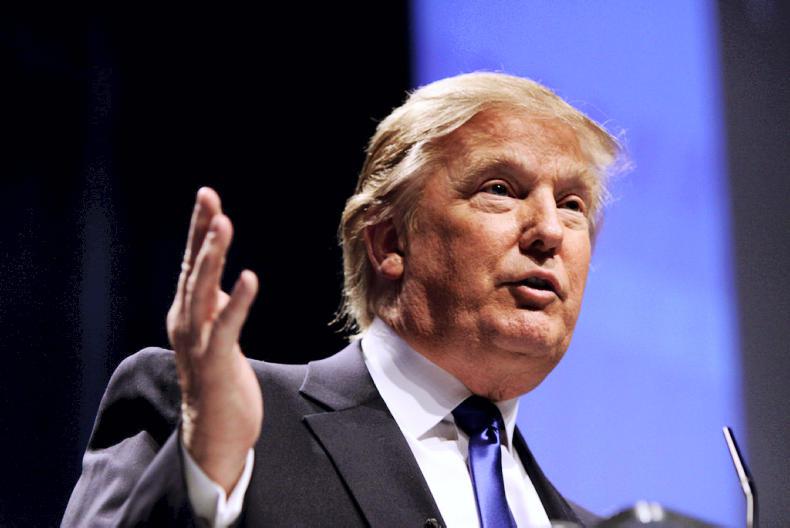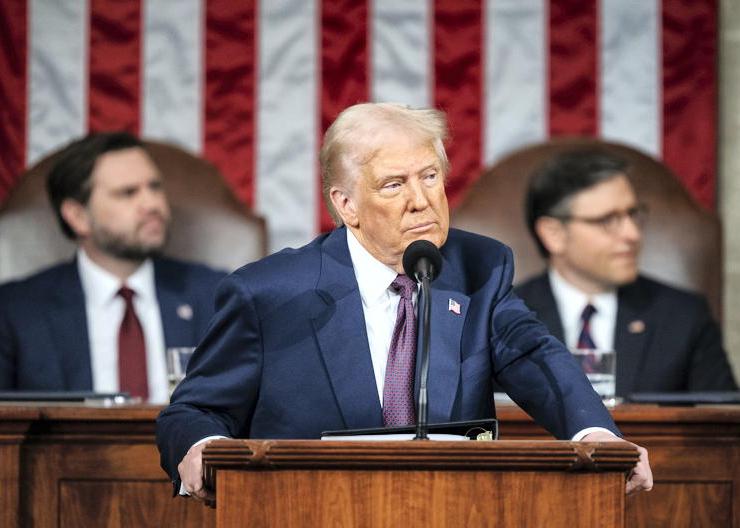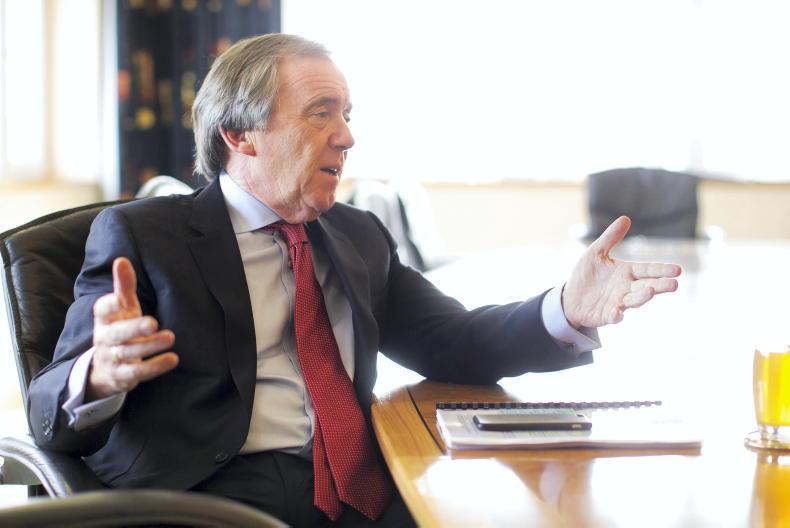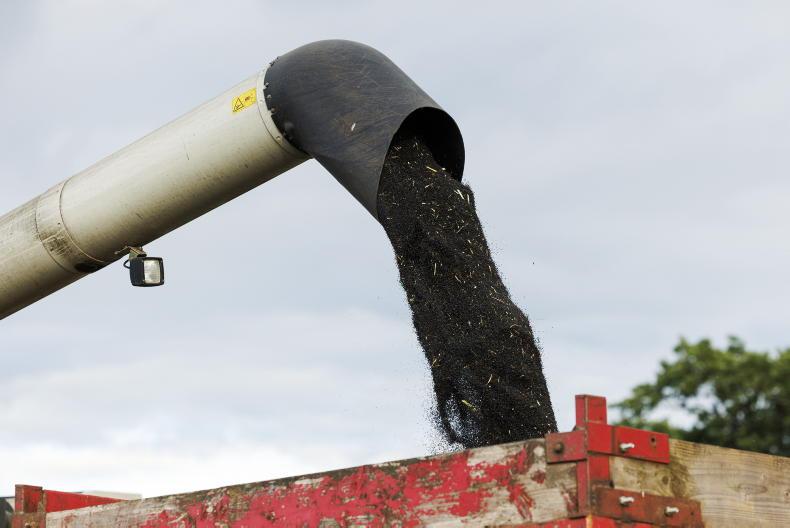The US presidential election campaign is now fully up and running, with the first televised debate this week between sitting president Donald Trump and his challenger, Joe Biden. What will be of particular interest to Irish and EU farmers is what a change of president might mean in terms of US trade.
Trump has been involved in trade disputes since he came to office, renouncing the North American Free Trade Agreement (NAFTA) with Canada and Mexico, which he replaced with a new deal that had just minor modifications.
He has been in dispute with the EU and threatened tariffs on EU imports because of the large trade balance in the EU’s favour, added to by the Boeing – Airbus aircraft manufacturer’s dispute. This actually led to the WTO finding initially in favour of the US and enabling them to apply tariffs on a range of EU exports, including Irish butter at a rate of 25%.
EU Trade
Trump pulled the US out of TTIP, the trade talks between the US and the EU that were launched by his predecessor in 2012. These had effectively stalled anyway over access for agricultural produce to EU markets and the EU's refusal to accept US production standards in relation to hormones and use of chlorine in carcase washing. Managing EU – US trade relations has been difficult during the past four years, though the ring fencing of 35,000t out of the 45,000t EU tariff-free quality beef quota for the US has helped appease the country's demands for access for agricultural produce.
Ireland had secured access for beef to the US market during the previous administration in 2015 and the US has remained a strong market for Irish dairy exports, worth €350m in 2019, up from €295m the previous year.
Farming vote
The biggest trade war the US president has got involved in is with China, though a bilateral agreement was reached at the beginning of this year that has started US exports moving to China again. His administration stepped in to compensate farmers by $12bn in 2017 and $16bn in 2018, because of lost sales to international markets caused by retaliatory tariffs. This year, the figure is expected to reach $37bn to reflect pandemic compensation. This has made the outgoing president popular with farmers and he is expected to win the farming vote, though there is some disquiet that the payments have been weighted in favour of larger farm businesses.
Challenger more conciliatory
In trade discussions, Joe Biden has been more conciliatory, with an ambition of putting an end to the trade spats that the US has become involved in. However, the trade talks with the EU on TTIP had more or less broken down in the previous administration over standards, and it is difficult to see any change on this, irrespective of who is in the White House. There is also the question of a trade deal between the US and UK. Both sides here want a deal, but again, standards for agricultural produce will be an issue, with UK public opinion much more aligned with the EU than the US.
Overall, from an agricultural perspective, a change of president in the US might lead to more conciliatory language and a return to embracing the Paris climate accord, but in terms of US trade policy, a gap is likely to remain with the EU, as long as the EU refuses to accept US standards on hormones and use of chlorine in the washing process.










SHARING OPTIONS